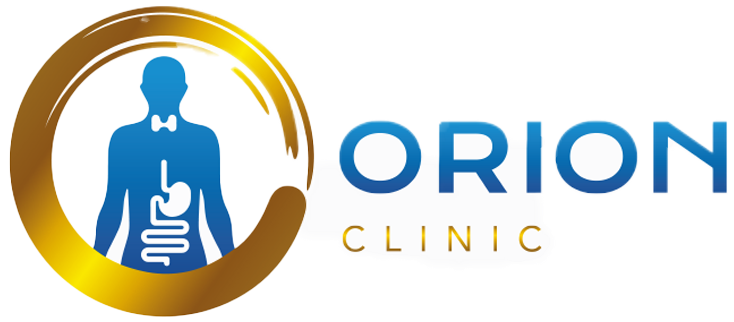Thyroid
Thyroid is a gland present around the windpipe. The thyroid produces hormones which help control metabolism. Metabolism is a process where the food consumed you takes into your bodyis transformed into energy. This energy is used throughout your entire body to keep many of your body’s systems working correctly.
When the thyroid dysfunctions, it can impact the entire body. The dysfunction occurs when the gland starts to produce too much or too little hormones.
Hyperthyroidism is when the body makes too much thyroid hormone and Hypothyroidism is when the body makes too little thyroid hormone. Both of these conditions need medical attention.
Causes
Common causes of hyperthyroidism include:
- Thyroiditis disorder in which the thyroid releases hormones that were stored there lasting for a few weeks or months
- Excessive iodine consumption makes more thyroid hormones than it needs
- Graves’ disease or Diffuse toxic goiter where the thyroid gland might be overactive and produce too much hormone
- Hyperthyroidism can be caused by nodules in the thyroid which are overactive
-Common causes of hypothyroidism include
- Thyroiditis where the thyroid is inflamed and swelled. this condition causes lower hormones production
- Hashimoto’s thyroiditis where due to autoimmune disorder, the body’s cells attack and damage the thyroid. It is mostly a genetics condition
- Postpartum thyroiditis is a temporary condition caused in women after childbirth
- Iodine deficiency also could cause low hormone production
- Non-functioning thyroid gland
-Symptoms
- Common symptoms of Hyperthyroidism include:
- Goiter or Enlarged thyroid gland
- Loss of weight
- Vision issues
- Anxiety and nervousness
- Trouble sleeping
- Muscle weakness
-Symptoms of Hypothyroidism include
- Weight gain
- Fatigue
- Forgetfulness
- Frequent and heavy menstrual periods in women
- Dry and coarse hair
- Hoarse voice
- Intolerance to cold temperatures
Treating Thyroid issues
The goal of the thyroid treatment is to regulate the hormone production.
-For Hyperthyroidism the treatment options include
- Anti-thyroid drugs to stop thyroid from making hormones
- Radioactive iodine to prevent the gland from making high levels of hormones
- Medication such as Beta blockers to control symptoms
- Surgery to remove the thyroid is done in extreme conditions. Thyroid replacement hormones are then administered for the rest of life.
-For Hypothyroidism the treatment options include
Thyroid replacement medication to provide thyroid hormones to your body.
FAQs
The thyroid is a small, butterfly-shaped gland located in the neck. It produces hormones that regulate metabolism, energy levels, and body temperature.
Common thyroid disorders include:
- Hypothyroidism: Underactive thyroid producing insufficient hormones.
- Hyperthyroidism: Overactive thyroid producing excessive hormones.
- Goiter: Enlargement of the thyroid gland.
- Thyroid Nodules: Lumps in the thyroid, which may or may not be cancerous.
- Thyroid Cancer: Malignant growth in the thyroid gland.
Diagnosis typically involves:
- Blood Tests: Measuring levels of TSH (Thyroid-Stimulating Hormone), T3, and T4 hormones.
- Imaging Tests: Ultrasound to evaluate the thyroid gland’s structure.
- Radioactive Iodine Uptake Test: Assessing thyroid function.
- Fine Needle Aspiration (FNA): To evaluate thyroid nodules.
- Hypothyroidism usually requires lifelong thyroid hormone replacement.
- Hyperthyroidism may be managed with medications, radioactive iodine therapy, or surgery.
- Early detection and treatment of thyroid cancer often lead to successful outcomes.
A goiter is an enlargement of the thyroid gland. It can be caused by iodine deficiency, thyroid dysfunction, or autoimmune conditions like Hashimoto’s or Graves’ disease.
Thyroid nodules are lumps in the thyroid gland. Most nodules are benign, but some may be cancerous. A biopsy is often performed to determine their nature.

